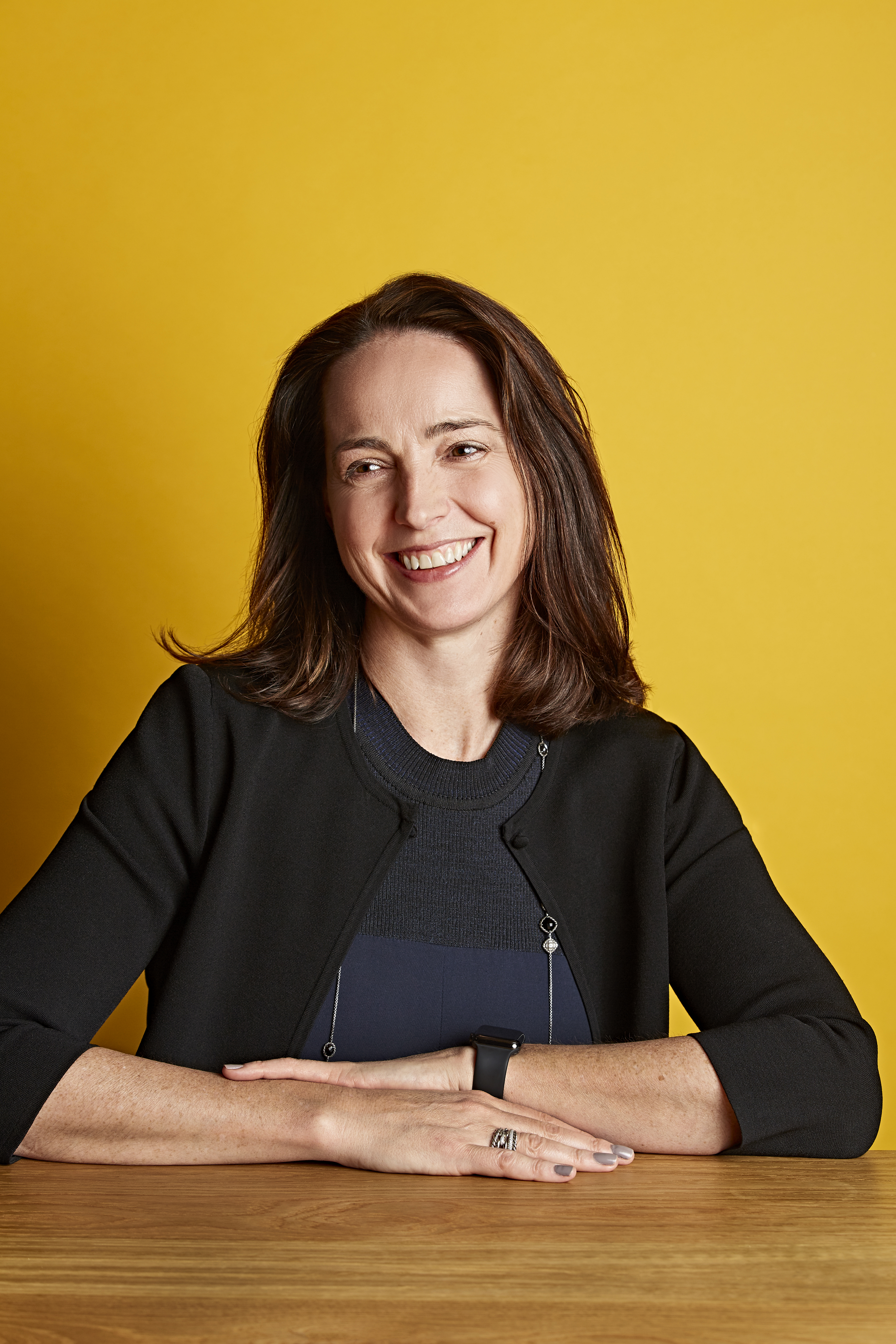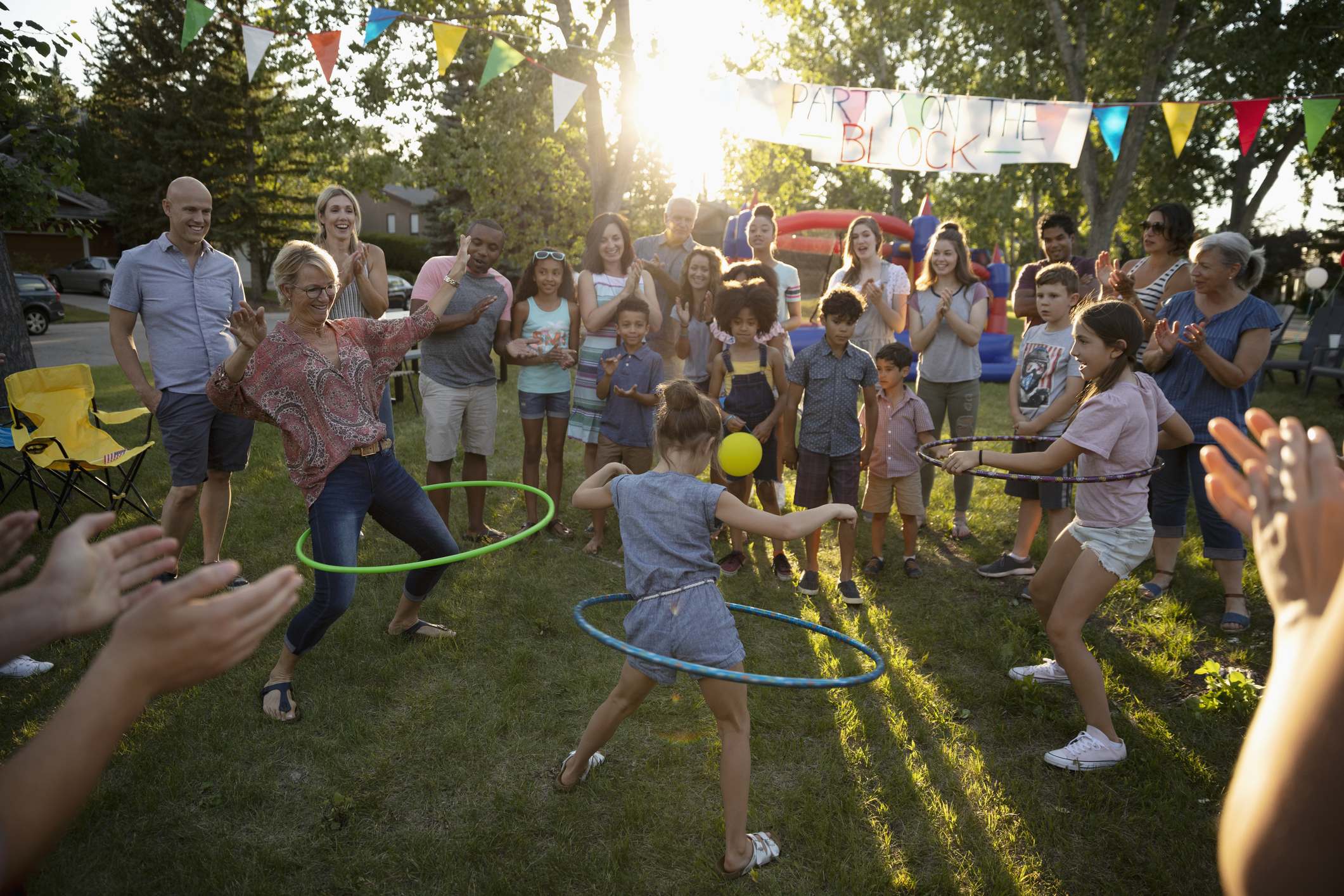Neighborhoods are where change begins. As I pass the eight-month mark at Nextdoor, I continue to be inspired daily by what I’ve had the privilege to observe neighbors doing to fight increasing isolation, polarization, and lack of community engagement — proving that we have the power to help each other in meaningful ways.
Technology has revolutionized our world — in many ways for the better. It’s an enormously powerful tool that allows us to stay in touch with friends and family across the globe; it provides us with a source of endless information at our fingertips, and it entertains us in new and exciting ways.
But technology has also contributed to a more isolated life for millions of people around the world. In the 2019 World Economic Forum on loneliness, experts discussed how technology is fueling loneliness and the empathy deficit in our lives, despite the promise of it bringing people closer. In the United States, over 40 percent of adults report feeling lonely. Research in Australia found a similar trend, with 28 percent of people saying they feel lonely at least three days every week. According to The Campaign to End Loneliness, 40 percent of people in the U.K. under the age of 25 report feeling lonely often or very often, and 27 percent of people over the age of 75 report feeling the same. Recognizing loneliness as a nationwide epidemic, the U.K. government recently appointed a Minister of Loneliness to tackle the social and health issues caused by social isolation.
Growing up in the tiny village of Sion Mills in Northern Ireland, I benefited from an upbringing where everyone in my neighborhood knew each other by name or nickname. I grew up at the height of The Troubles, a human-created disaster that divided people based on religion and led to decades of violence. But much like former Surgeon General Vivek Murthy remarks in his piece on loneliness, this tragedy brought our community together in deep and memorable ways.
As I grew up and moved to new communities around the world, I noticed the deep connection that I had become accustomed to between neighbors, and people in general, was vanishing. Even as I embarked on a new and exciting chapter in my life — starting my own family and meeting inspiring people in London, South Africa, and Silicon Valley — I often felt lonely.
Why?
As a society, we have become worse at connecting face-to-face and building impactful relationships with one another. Belonging is a universal human need, and in every corner of the world today people are yearning to feel more connected with real people in real places in real ways. So, how can we work together to combat the social isolation we feel and forge a more connected world?
Change starts with each of us opening our front doors and building deeper connections with the people nearest to us: our neighbors. Last year in Europe, for example, we introduced the “Hello Neighbor” Challenge, encouraging neighbors to reach out to each other. And whether it was to provide specific help or simply to know each other better, neighbors across Europe rallied together to pledge their time to help combat loneliness in their local communities.
A study we at Nextdoor conducted found that while only 56 percent of the general public have two or more neighbors they can rely on in a time of need, 79 percent of Nextdoor members feel they have neighbors they can depend on. We see everyday how neighbors turn to Nextdoor to break the ice and meet new neighbors, and then turn those online relationships into real world bonds and friendships. This holiday season, a time when loneliness is at an all time high, we’ll launch our first ever global “Hello Neighbor” Challenge in hopes of inspiring more neighbors around the world to form deeper connections in their local communities to help combat loneliness.
I want to encourage everyone to take five to help, or ask for help, in your community too. A quick conversation at your local store or a knock on the door of a neighbor who might be struggling could make all the difference.
We have an opportunity to change the trajectory of social isolation around the world. If we do not focus on rebuilding authentic connections, we risk retreating further into our disconnected lives and unraveling the social fabric that is woven so deeply into strong communities. I’ve found that when you give to your community, you end up getting so much more than you give.
Follow us here and subscribe here for all the latest news on how you can keep Thriving.
Stay up to date or catch-up on all our podcasts with Arianna Huffington here.


